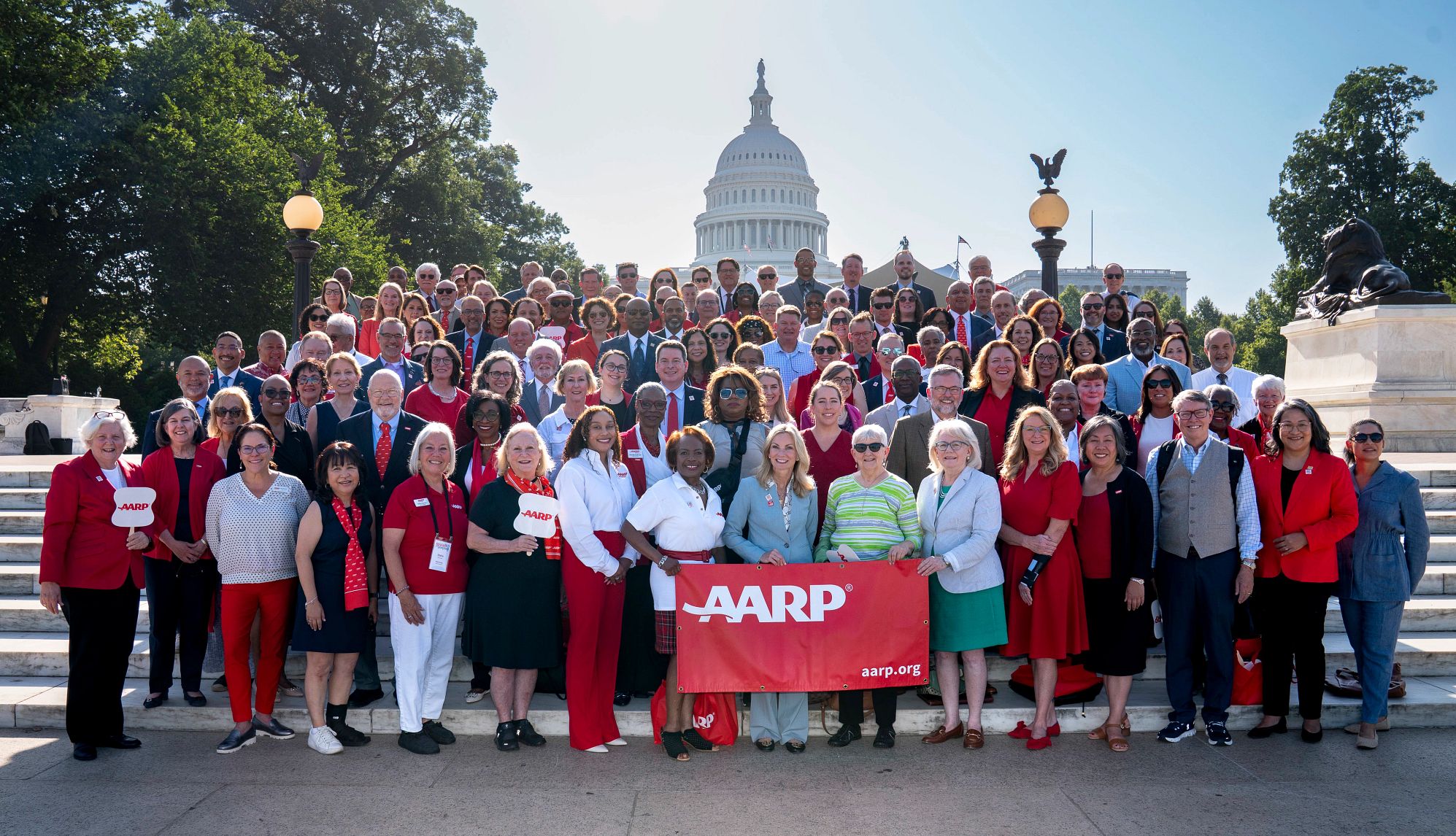Tragic Case: Parents' Extreme Beliefs Lead to Son's Blindness and Quadriplegia

A heartbreaking case has unfolded, revealing the devastating consequences of parents’ extreme health beliefs. A young boy is now tragically blind and quadriplegic, the direct result of his parents’ actions – or rather, their inaction. Authorities have convicted the parents for exposing their infant to dangerous extremes of heat and cold, and critically, for withholding essential nourishment. This neglect caused severe and irreversible brain damage, leaving the child unable to speak, see, or move independently.
The details of the case are deeply disturbing. Prosecutors presented evidence demonstrating the parents’ adherence to fringe health philosophies that prioritized perceived natural remedies over conventional medical care. They refused to seek necessary medical attention for their son, despite clear signs of distress and declining health. This included ignoring symptoms that would have prompted any reasonable parent to seek immediate intervention.
The child's condition is now permanently debilitating. He requires round-the-clock care and is completely reliant on others for his most basic needs. Medical experts have confirmed that the brain damage sustained is a direct consequence of the prolonged deprivation and exposure to hazardous conditions. The long-term prognosis is bleak, with little hope for improvement in his physical or cognitive abilities.
The legal proceedings have highlighted the complex intersection of parental rights, child welfare, and the dangers of misinformation regarding health. While parents have the right to make decisions regarding their children's health, that right is not absolute. It is superseded by the child’s right to safety and well-being. This case serves as a stark reminder of the potential for harm when beliefs are prioritized over the needs of a vulnerable child.
The convictions of the parents have brought a measure of justice to the boy and his extended family, who have been left to grapple with the immense emotional and financial burdens of caring for him. The case is likely to spark renewed debate about the role of healthcare professionals and social services in identifying and intervening in situations where parental beliefs may be endangering children. It also underscores the importance of educating the public about the dangers of relying on unverified health information and the critical need for evidence-based medical care, especially for infants and young children.
This tragic situation is a sobering lesson for all, emphasizing the profound responsibility that comes with parenthood and the devastating consequences that can arise when that responsibility is neglected. The boy's future remains uncertain, but his story will undoubtedly serve as a cautionary tale for years to come, prompting reflection on the importance of prioritizing a child's health and safety above all else.






